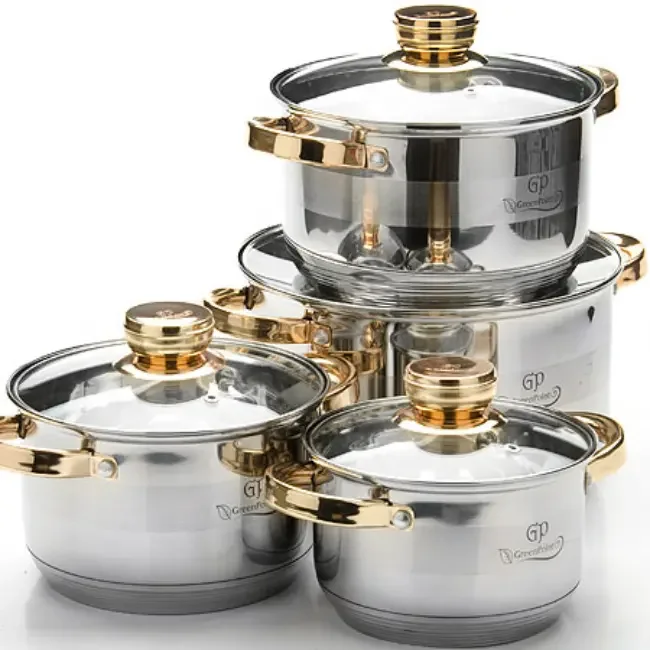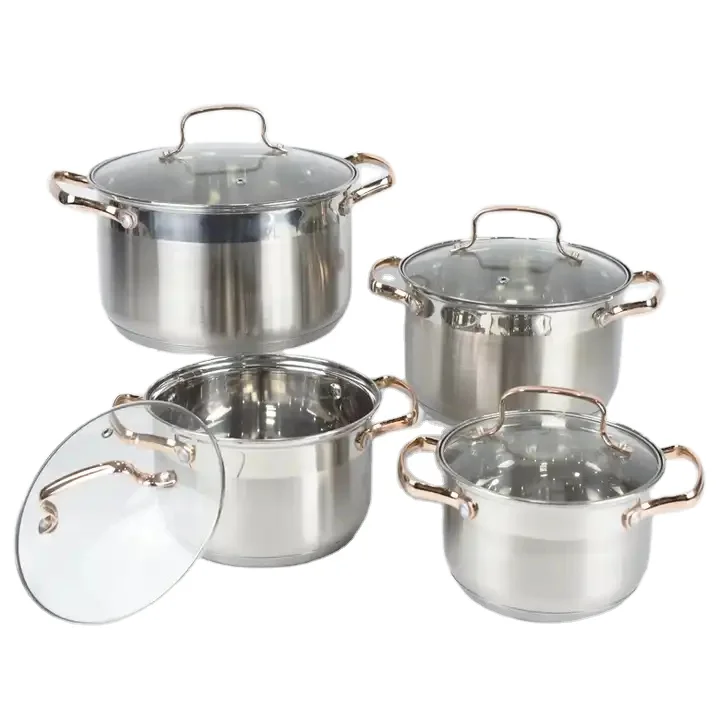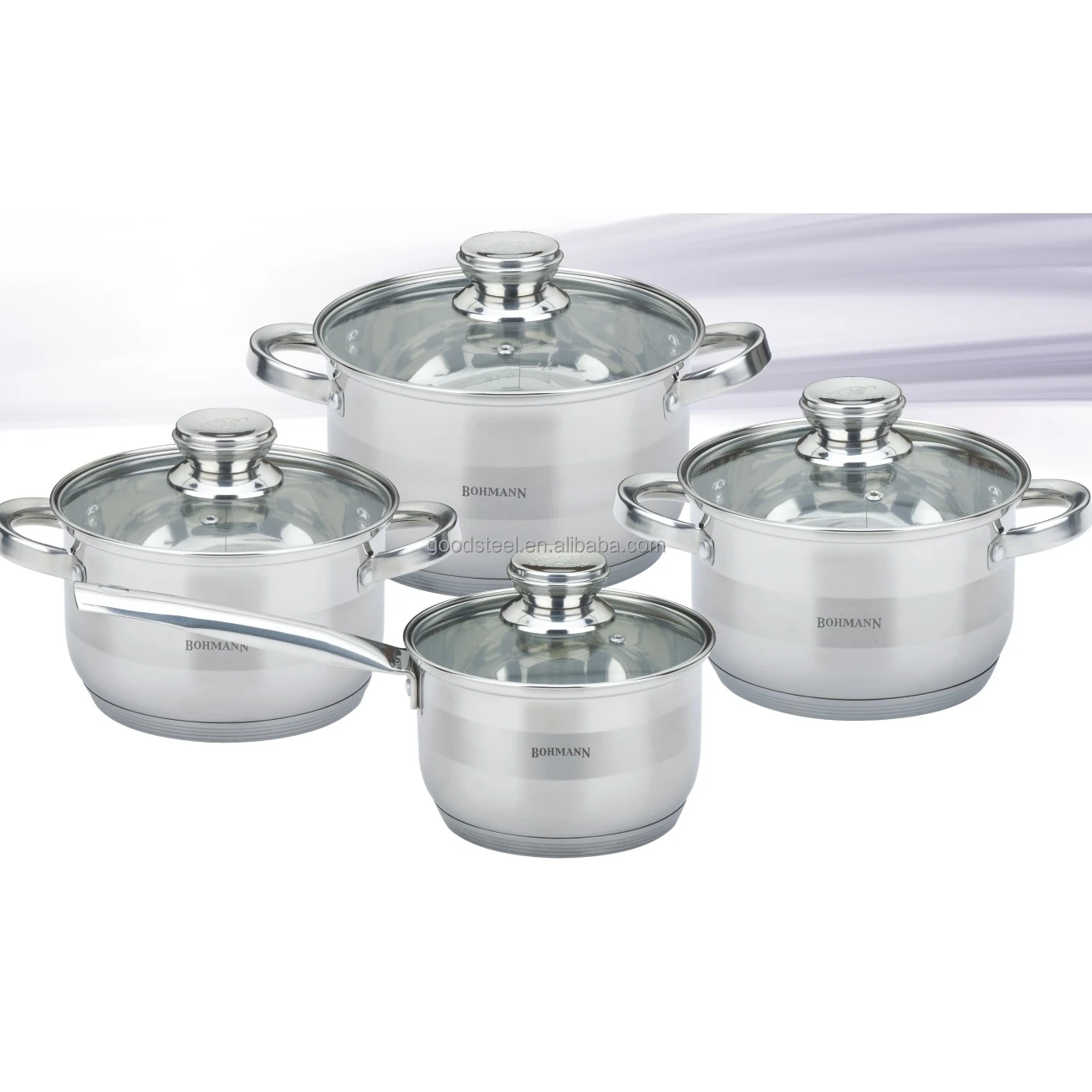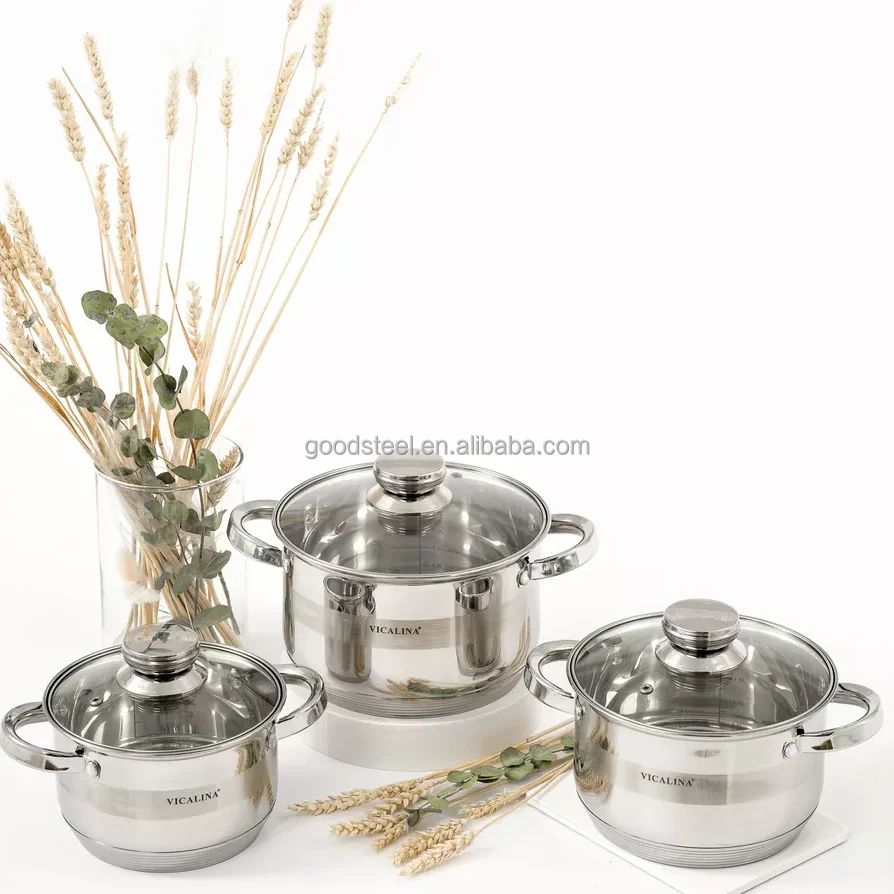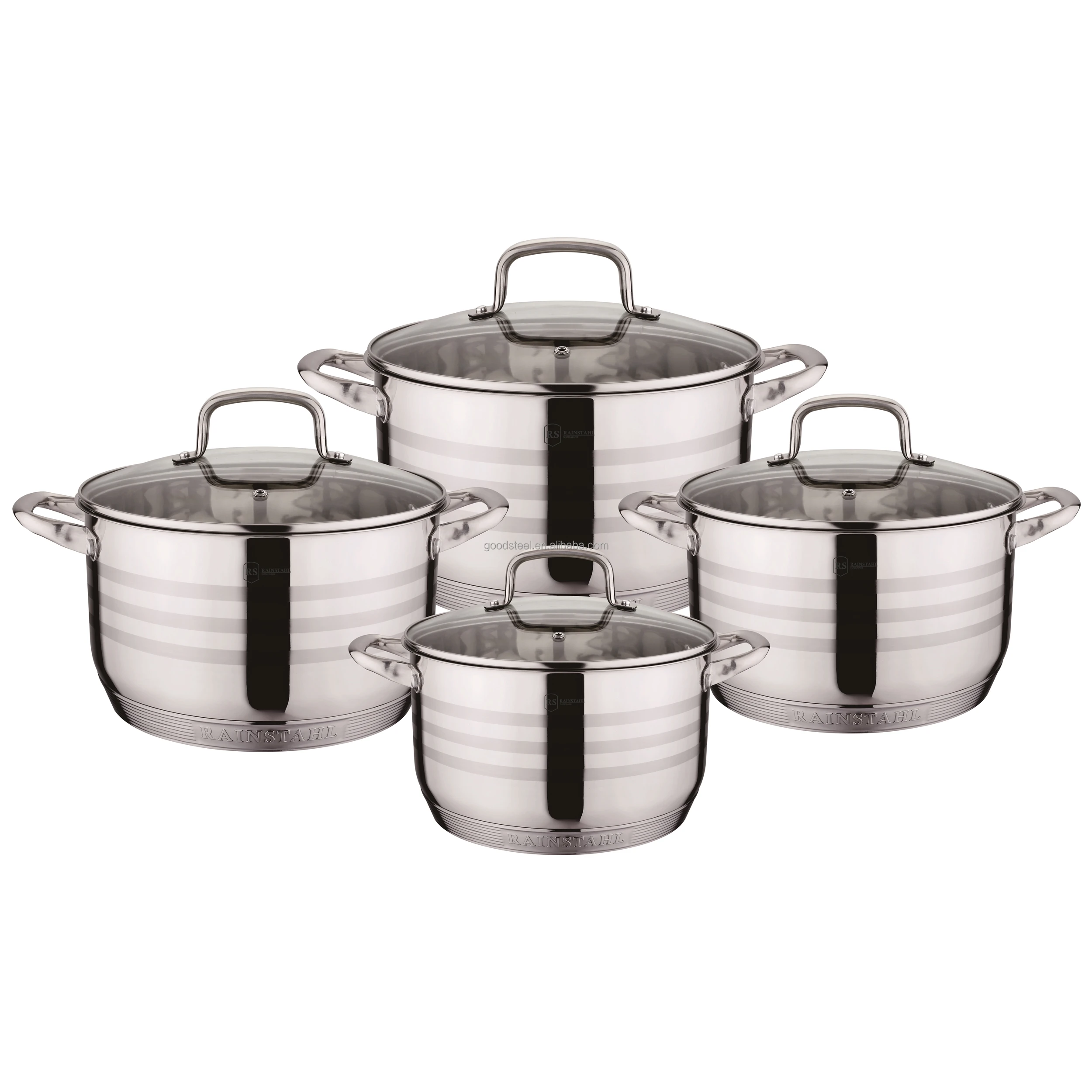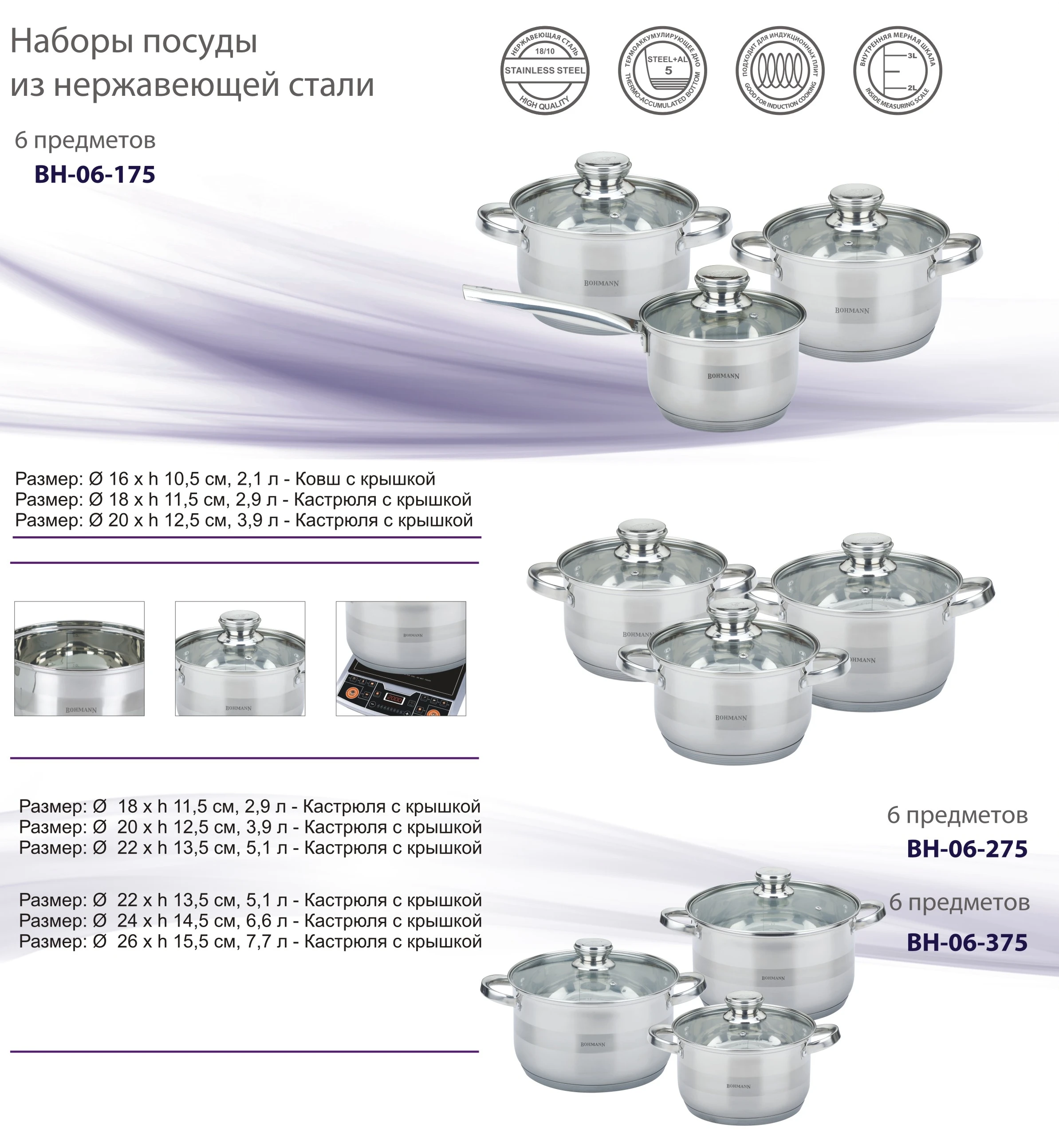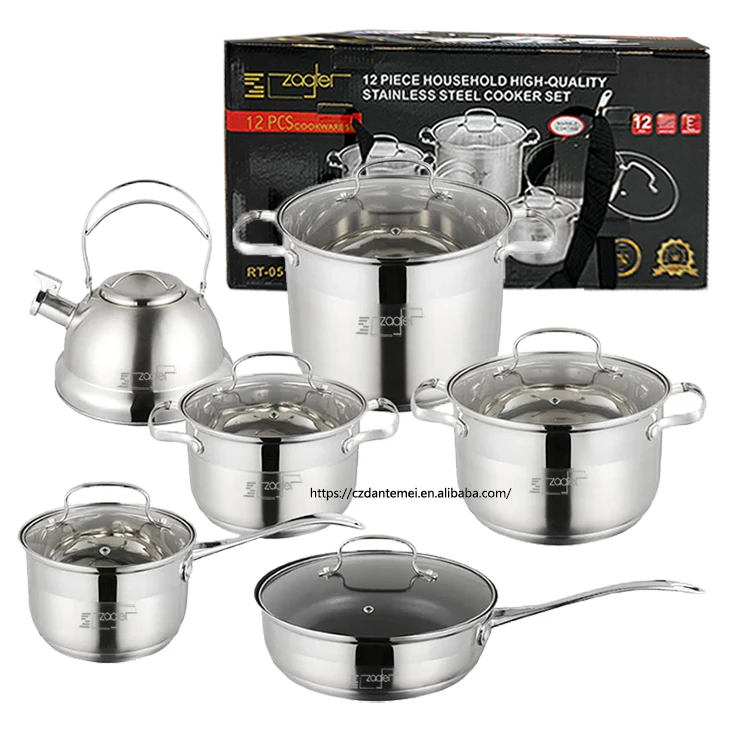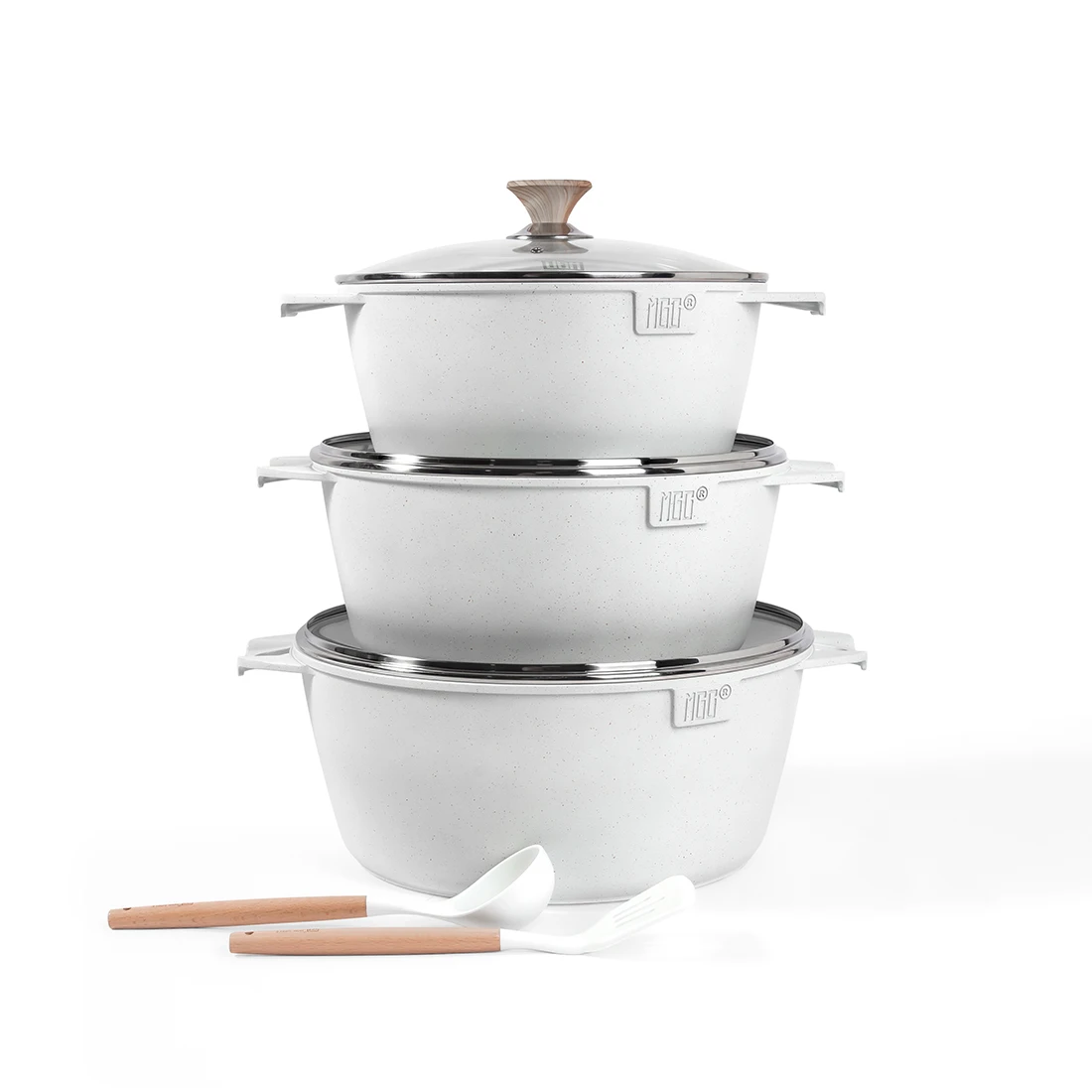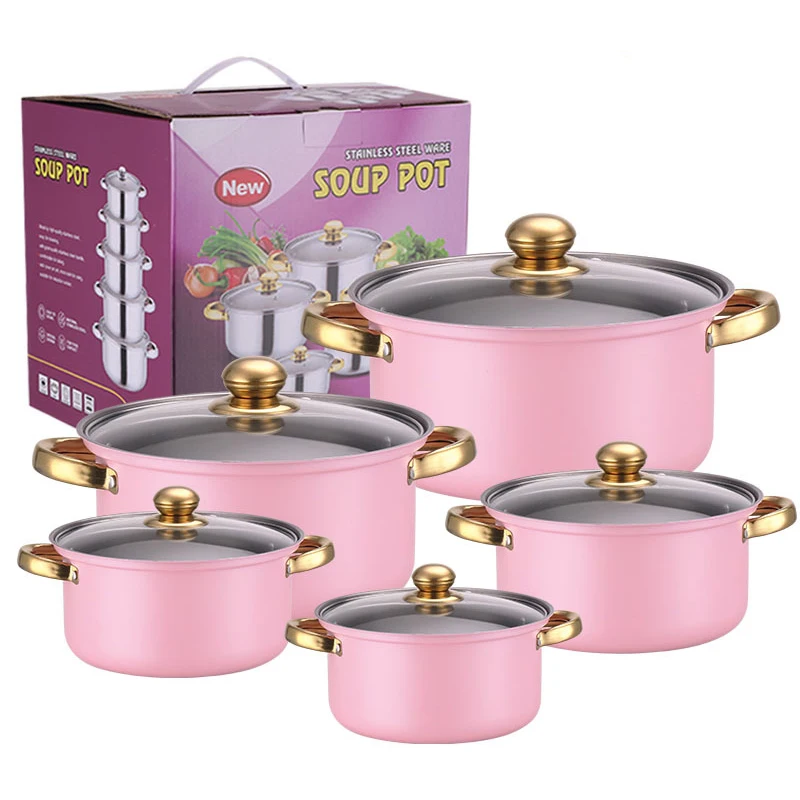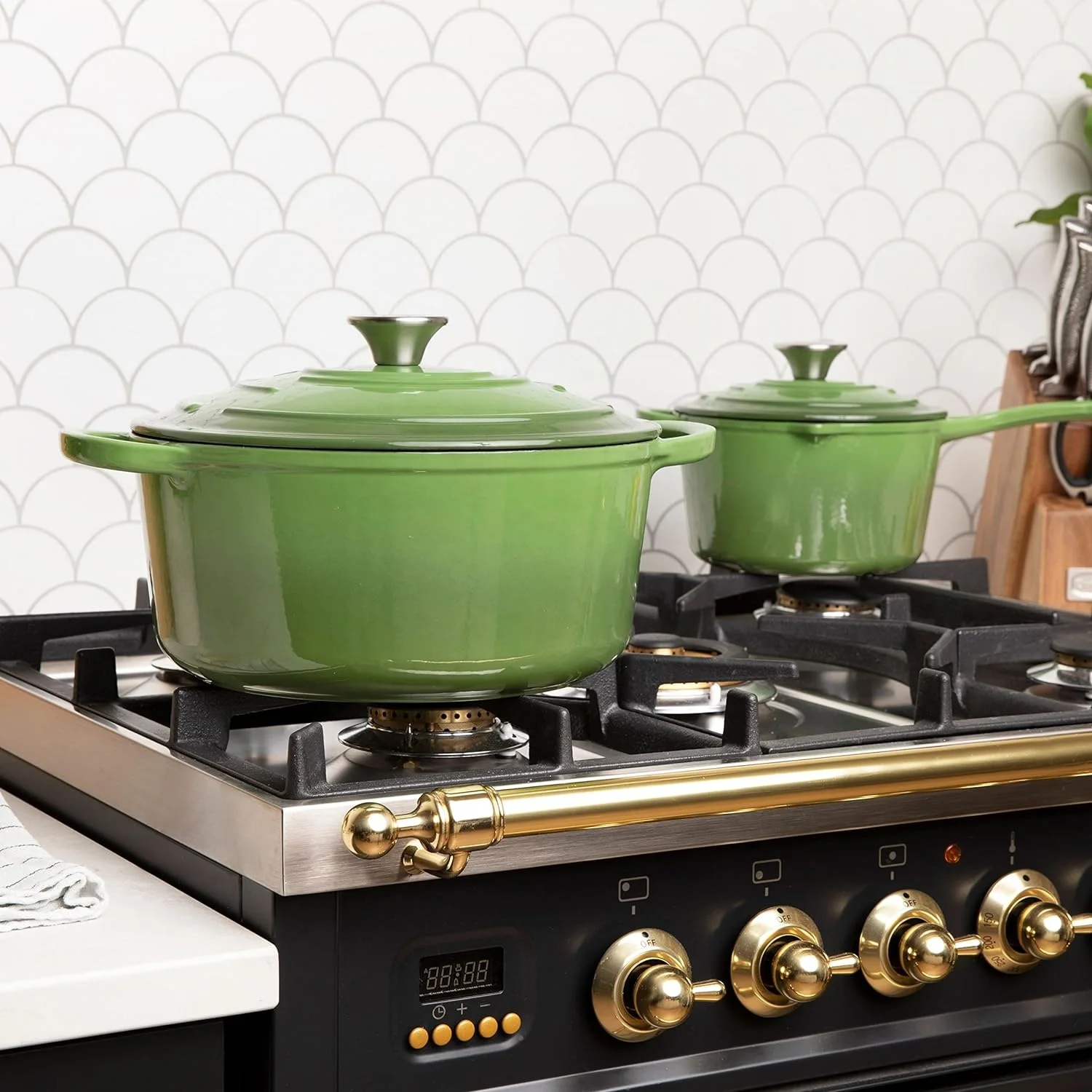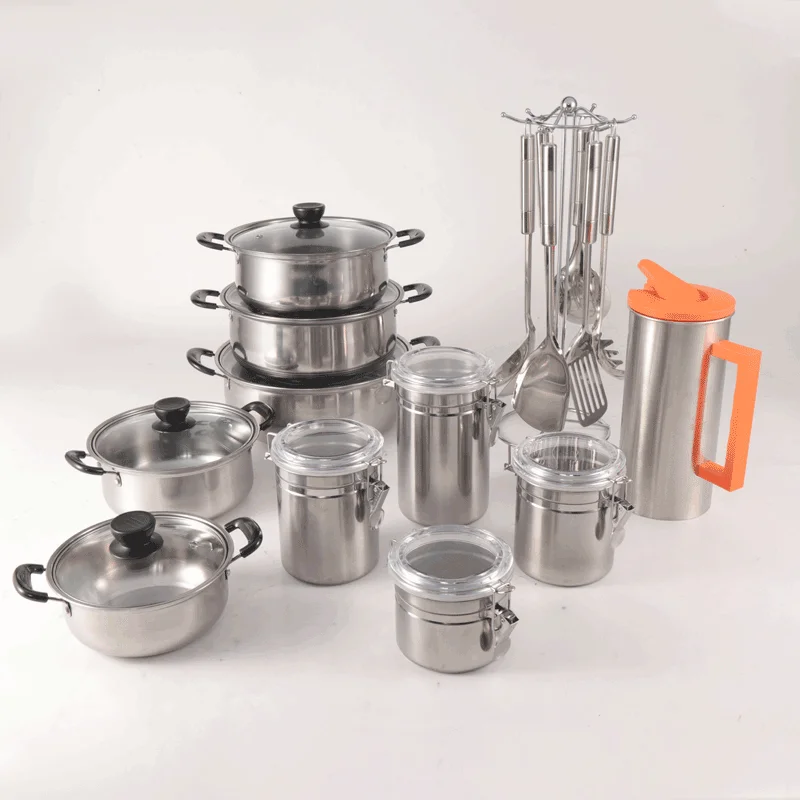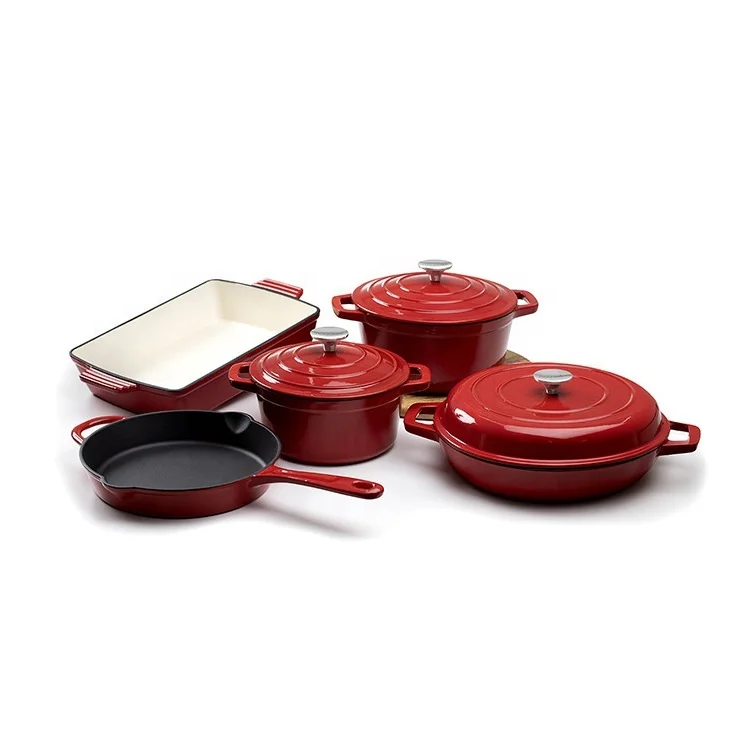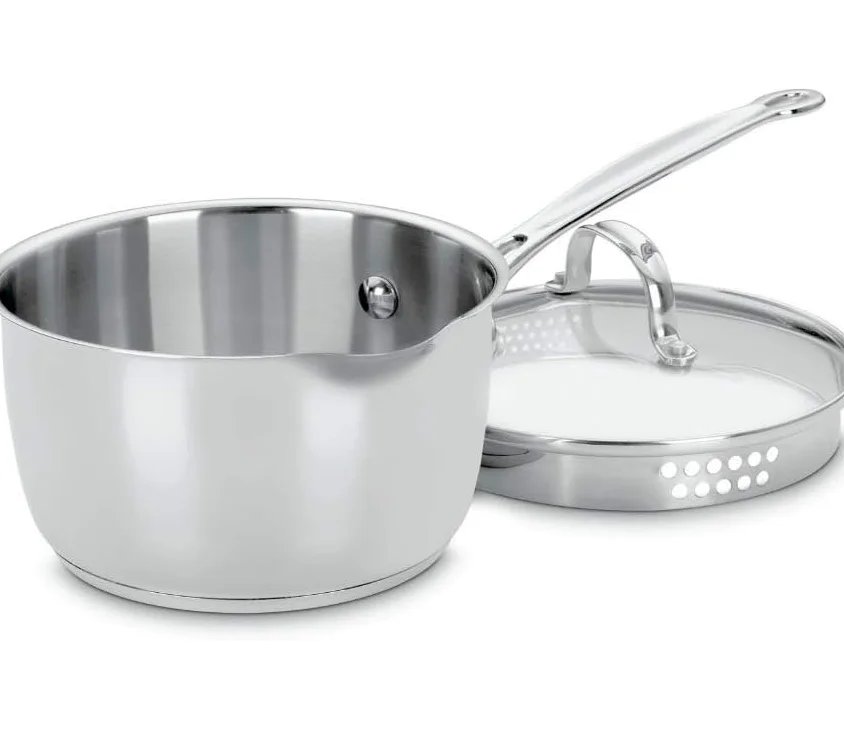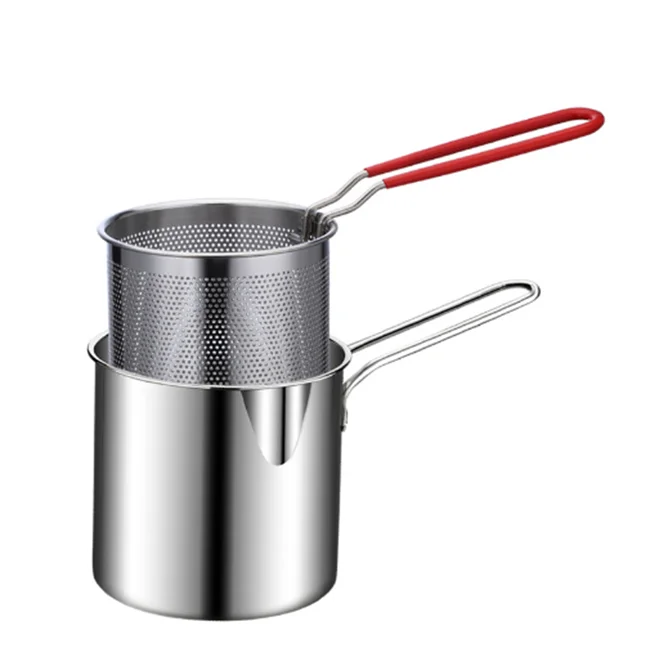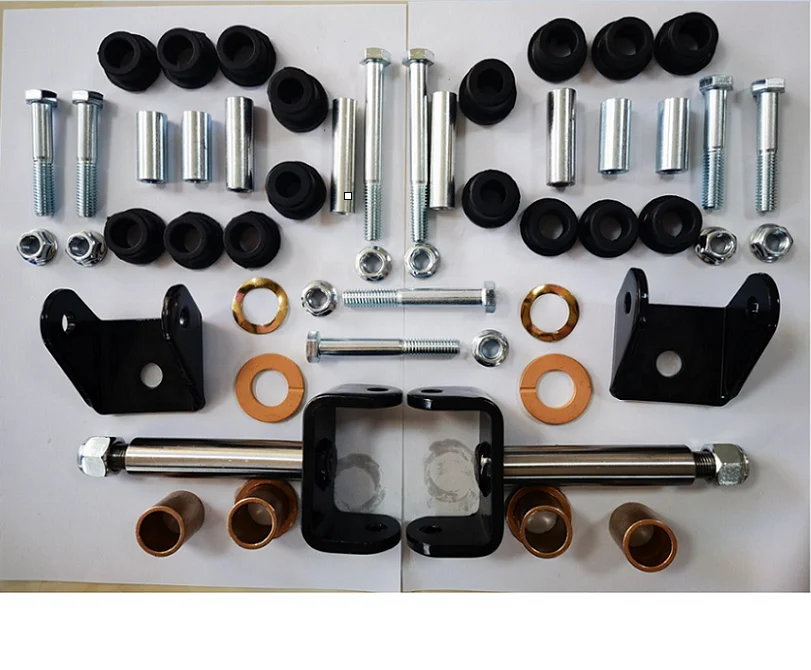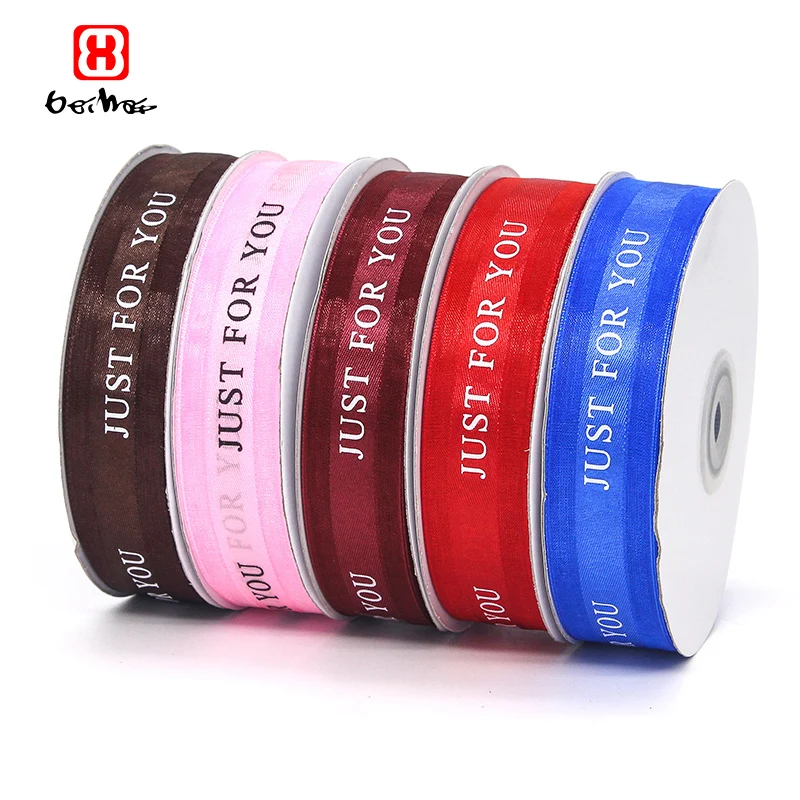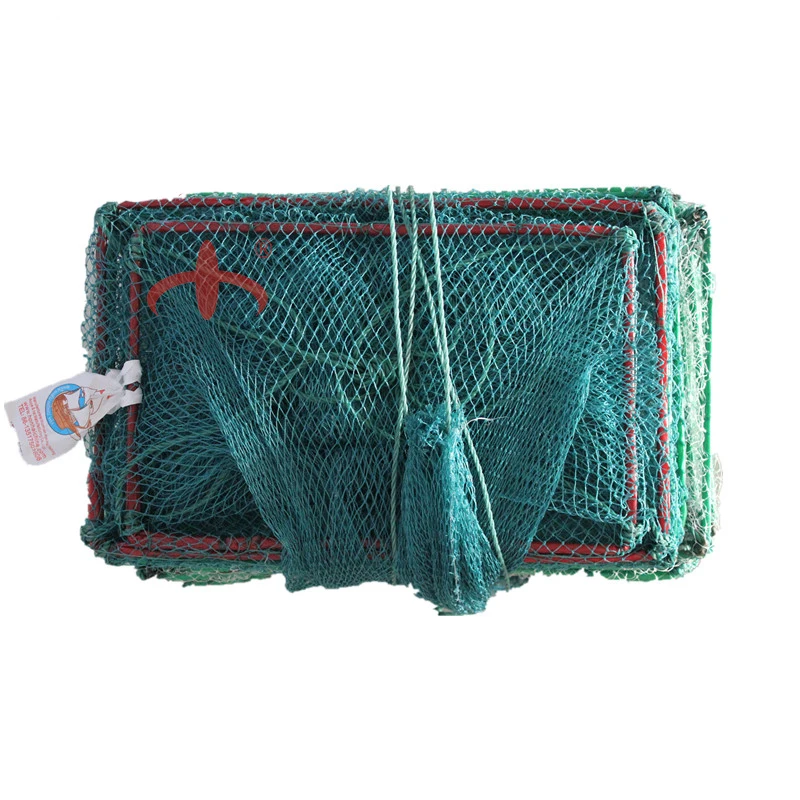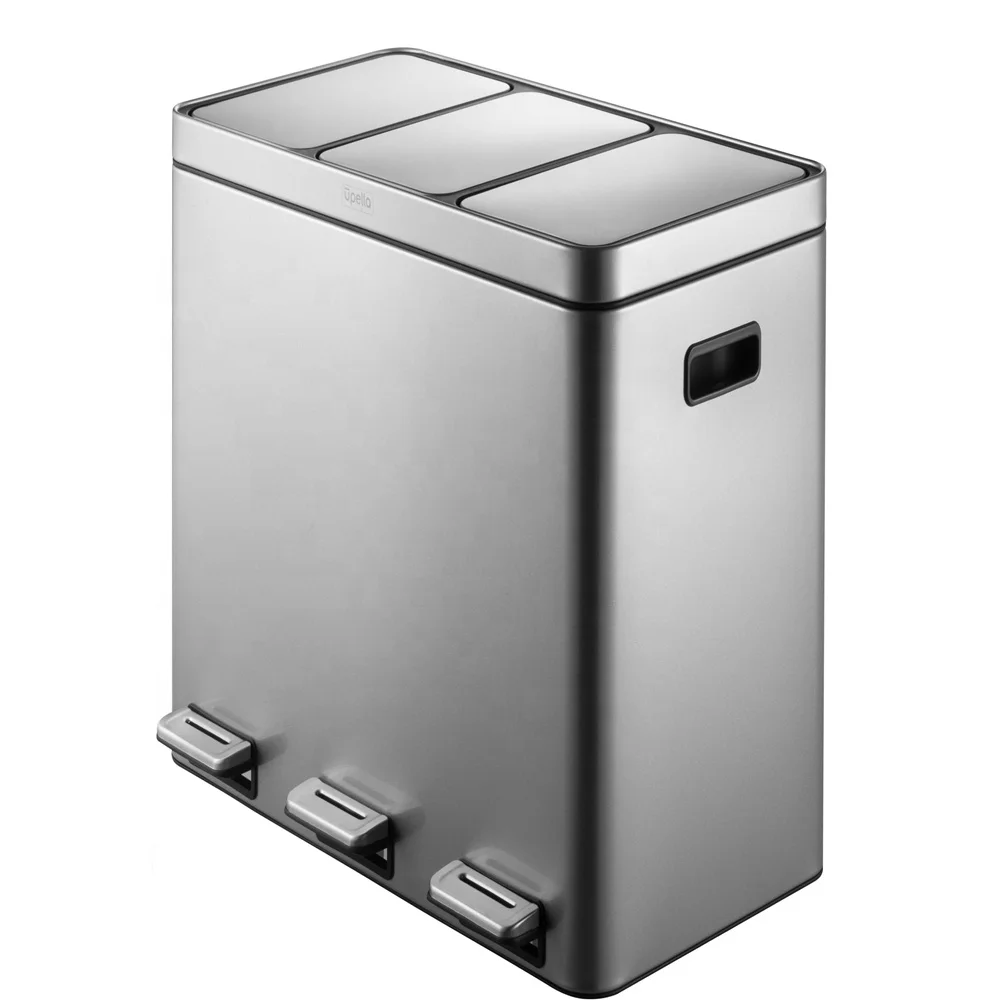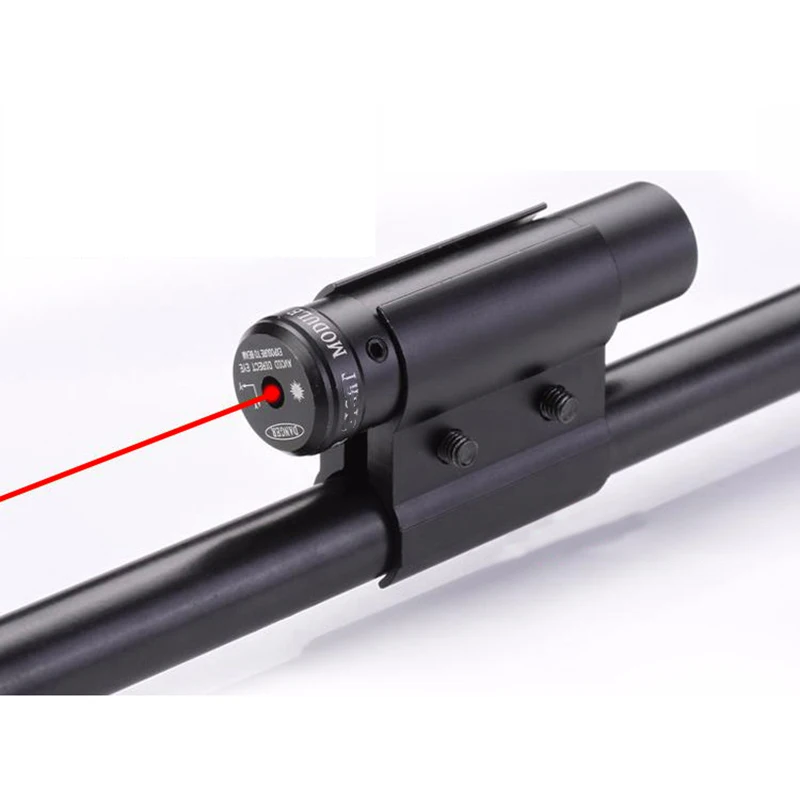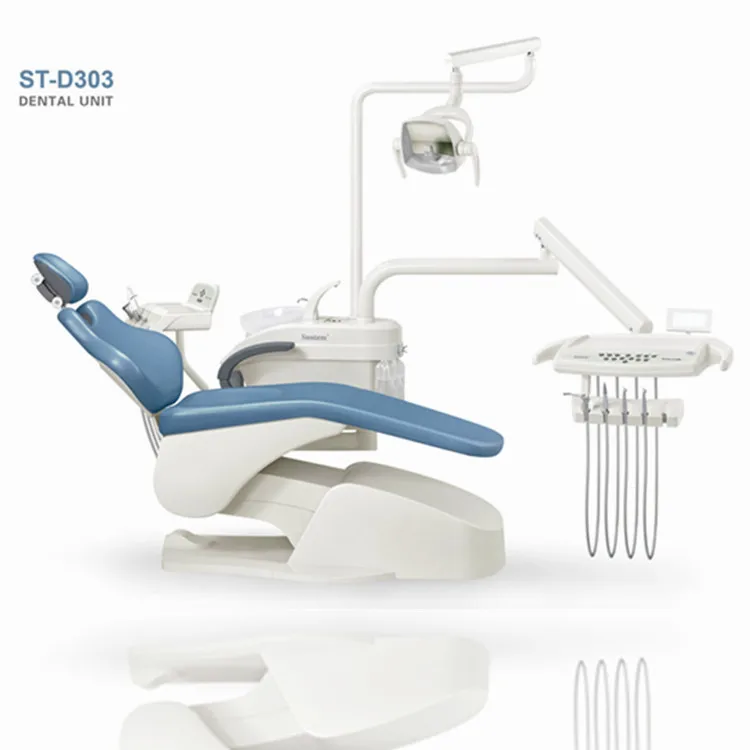LFGB food grade cookware set 8pcs stainless steel cooking pot set kitchenware casserole pot
- Category: >>>
- Supplier: Shenzhen Meishengfa Trade Co. Ltd.
Share on (1601026043363):
Product Overview
Description
Product Description
Material: | Stainless steel 201# |
Thickness: | 0.5mm |
Sizes: | 16*10.5cm casserole 2.1L | 18*11.5cm casserole 2.9L | 20*12.5cm casserole 3.9L | 24*14.5cm casserole 6.5L | |
Interior: | Mirror polish |
Exterior: | Mirror polish with sandy lines |
Handles/ Knobs | SS handles & knob with silicone, heat resistant handle |
Lids: | C-type glass lid |
Bottom: | 1.0mm alu+1.5mm iron+SS#430 |



OEM&ODM
OEM
Customized pot body polish
OEM
Customized Knob and handle
Customized cover
OEM
Customized pot bottom
Packing and Shippment



Exhibition


Is induction cookware worth it?
Induction cookware can be worth it for many people, depending on their cooking preferences, needs, and the type of kitchen setup they have. Here are some factors to consider when determining if induction cookware is worth it for you:
Efficiency: Induction cookware is known for its efficiency in heating. It provides rapid and precise temperature control, allowing for quicker cooking times and better energy efficiency compared to some other cookware types.
Safety: Induction cookware is generally considered safe because the cookware itself doesn't get hot; only the magnetic bottom is heated by the induction cooktop. This reduces the risk of burns and makes it safer, especially in households with children.
Control and Precision: Induction cooktops offer precise temperature control. The moment you adjust the heat, the temperature changes immediately. This level of control can be beneficial for delicate cooking processes and precise temperature requirements.
Ease of Cleaning: Induction cooktops are typically flat and smooth, making them easy to clean. Since the cookware heats up quickly, spills are less likely to burn onto the surface, simplifying the cleaning process.
Energy Efficiency: Induction cookware is considered energy-efficient because it heats the cookware directly, minimizing heat loss and wasted energy. If energy efficiency is a priority for you, induction cooking can be a good choice.
No Open Flames or Gas: Induction cooktops do not use open flames, and they are not fueled by gas. This can be advantageous in terms of safety, cleanliness, and ease of use.
Induction-Ready Cookware Availability: Many modern cookware sets are designed to be induction-ready, and various materials, such as stainless steel, cast iron, and enamel-coated steel, are compatible with induction cooking.
However, there are considerations to keep in mind:
Initial Cost: Induction cookware and cooktops can have a higher upfront cost compared to traditional cookware and stovetops. However, prices have been decreasing over time as induction technology becomes more widespread.
Compatibility: Not all existing cookware may be compatible with induction cooktops. You may need to invest in new cookware with magnetic bottoms.
Learning Curve: Some users may need a bit of time to adjust to the differences in cooking on induction, such as the immediate response to temperature adjustments and the need for induction-compatible cookware.
In conclusion, if you prioritize efficiency, safety, and precise temperature control in your cooking, and if you are willing to invest in induction-compatible cookware, an induction cooktop can be a worthwhile addition to your kitchen.
Company Profile
Shenzhen MeiShengFa, established in 2009, is one of the professional company with more than 15 years’ experience in exporting cookware.
SZ MSF are engaged in manufacturing and exporting a wide range of Cookware and Household Kitchen Appliances. MSF is now recognized as the China's leading cookware suppliers. Our product portfolio includes Stainless steel cookware, Aluminum cookware, Kettles, hand mixers, Blender, Juicer and air fryer. Our products bring relief to the daily chores of consumers, contributing to the improvement of their quality of life. The goal we pursue is to provide high quality products and better services in our business practices.




We Recommend
New Arrivals
New products from manufacturers at wholesale prices
